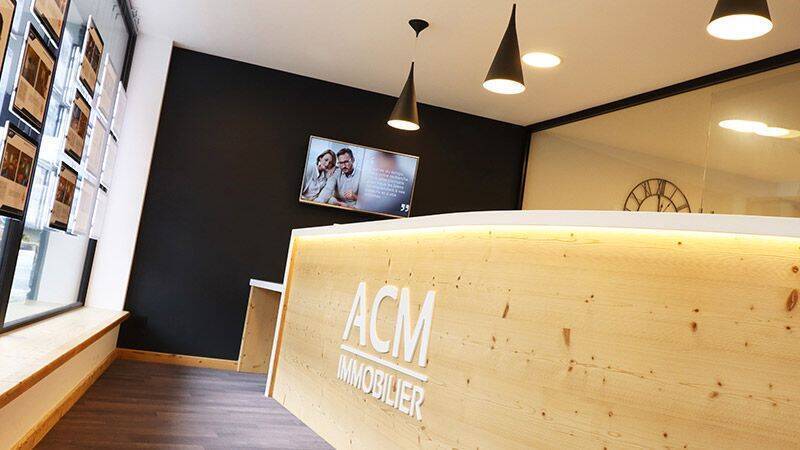Real Estate Capital Gain refers to the difference between the sale price of a property and its initial purchase price. In other words, it is the profit made from selling a home, usually resulting from an increase in its value over time. In France, capital gains are subject to specific taxation, which varies depending on whether it is a primary or secondary residence.
Definition: What is Real Estate Capital Gain?

Real estate capital gain can result from various factors. First, the appreciation of the real estate market plays a key role. The property can also increase in value over time due to improvements and work carried out by the owner.
To calculate the capital gain, one must determine the purchase price on one side and the sale price on the other. When the total sale amount exceeds the total purchase amount, this results in a real estate capital gain. The acquisition price consists of:
- The purchase price,
- Notary fees and possible agency fees. The amount of the fees is calculated on the actual justified expenses or with a flat rate of 7.5% of the purchase price.
- Expenses related to works (renovation, expansion, etc.) provided that no tax reduction was received for carrying them out (rental investment, property tax credit). A flat rate of 15% of the purchase price can also be applied after 5 years of ownership instead of the actual expenses justified by invoices.
Note that financing costs (borrower insurance, handling fees, etc.) are not taken into account. As for the sale price, the calculation is simpler: it is enough to deduct from the sale price the sale expenses (taxes, agency fees, cost of property diagnostics, etc.).
Which sales are subject to capital gains?
Real estate properties such as apartments, houses, lands are subject to capital gains, but rights attached to a property are also concerned: easements, usufruct, bare ownership. The sale of property or rights through a civil real estate company (not subject to corporate tax) or a real estate investment fund (FPI) is also concerned.
Capital Gain in Case of Primary Residence
Primary residences and their outbuildings (cellars, garages, etc.) benefit from a complete exemption. However, properties subject to capital gains tax include secondary residences, properties intended for rent, unoccupied dwellings, commercial premises, lands as well as shares of civil real estate companies (SCI) or civil real estate investment companies (SCPI).
The housing must be used as a primary residence at the time of sale. In the event of a separation or divorce, it is sufficient for one of the former spouses (married, PACS partners, or cohabitants) to have resided in the housing until its sale.
Capital Gain in Case of Secondary Residence
The capital gain realized from the sale of a secondary residence is subject to income tax at a rate of 19%, as well as social levies of 17.2%. A progressive reduction based on the duration of property ownership applies from the 6th year of ownership at a rate of 6% per year. Real estate capital gains are exempt from income tax after 22 years of ownership.
However, it is important to note that social levies are calculated over a period of 30 years, meaning they will continue to be levied even after the exemption from income tax.
There




